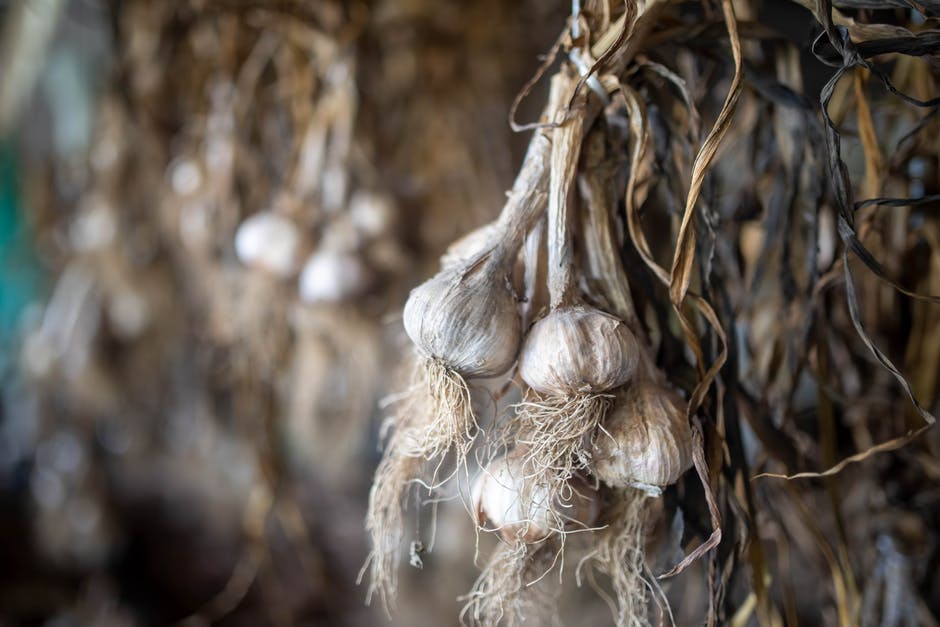
Starting an organic garden can be a fruitful hobby, as long as you avoid major pitfalls. Use the tips presented here to make the most out of your earth friendly organic garden.
When growing plants inside of the house, you should ensure the thermostat is set at around 65-75 degrees in the daytime. In order to encourage proper growth, they will need that warmth. If your thermostat is normally kept lower in winter, you can use a heat lamp to keep your plants warm enough.
When you are growing organic plants within the home or an enclosed area, considering how much light the plants will receive must be emphasized. If you’re living in a home that doesn’t receive much sunlight, you should consider growing plants that thrive in environments with low to medium amounts of light. If your plants still need more light, there are always artificial light sources that you can use.
When your plants begin to sprout, they can survive in somewhat cooler temperatures. Move your plants away from the heat as they grow. It is wise to take plastic covers off of the containers in order to eliminate humidity and excess heat. Watch the seeds so you can know when you do this.
Put an organic material, such as mulch two or three inches deep, in your flower beds. Not only will you be adding nutrients, but weeds will be less likely to grow and moisture will be retained more easily. This will also give a nice, professional appearance to your garden all year.
To avoid tracking the mud and dirt that will get on your gardening shoes, use plastic bags. This allows you to maintain your flow so you can rapidly get back to your gardening.
Pine Needles
Believe it or not, pine makes great mulch. Some plants need acidic soil to grow properly, because of their own acid content. If you have some of these plants, then pine needles are an easy way to add acid to their bed. Simply add a layer of pine needles a couple of inches deep to the plant beds. The needles will decompose over time and provide the soil with acidity.
For the best results when growing an organic garden, you should shake your seeds up a little bit. After planted, make sure you agitate the seeds at least twice daily, using your fingers or even a Popsicle stick. This will make your plants grow faster and they will get bigger than they would have without this practice.
Create raised beds with stone, brick or untreated wood. When selecting wood, make certain you pick untreated products that have a natural resistance to rot. Optimal wood choices that fit these criteria are locust, cypress, and cedar. Don’t use treated wood in a garden for vegetables because the chemicals contained in them can leak into the ground. You may have previously used treated lumber; if so, you should use a plastic liner to cover it.
Organic Gardening
As stated in the above article, many people do not realize how much more there is to organic gardening. It involves lots of work as well as patience, but it’s so worth it when you see your beautiful organic garden. When you apply the tips in this article, you will be ready to start improving your skills in organic gardening.
